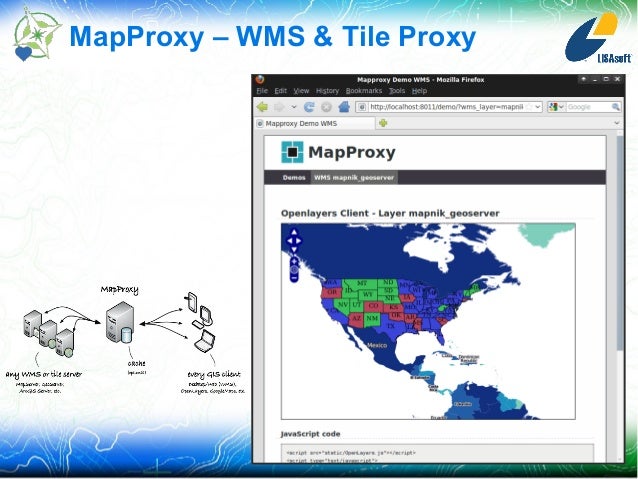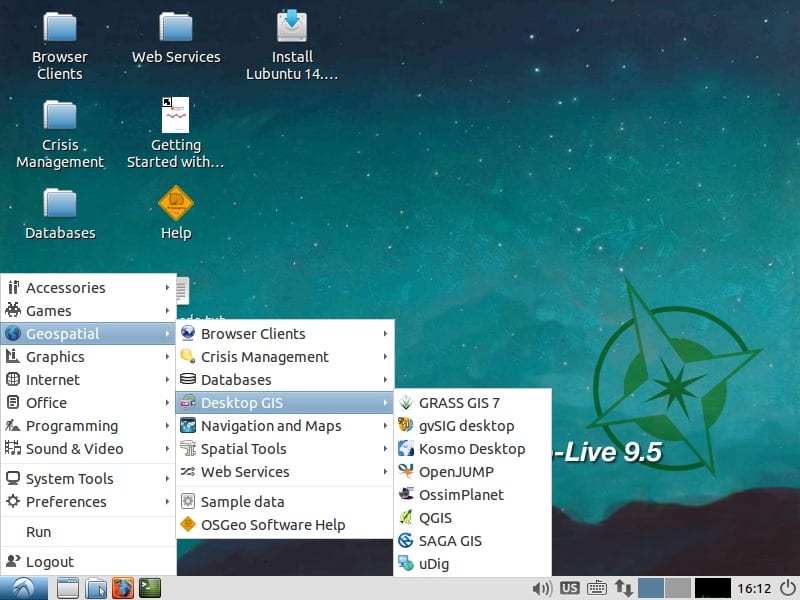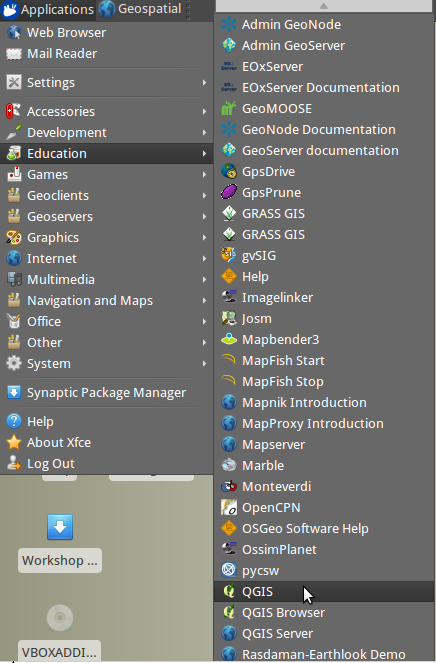
The talk is peppered with some hints on styling, performance tuning and caching of services. I want to show functions, possibilities and interactions of the OSGeo project GeoServer & GeoWebCache with the OSGeo Community Projects GeoStyler and MapProxy based on some examples. In my talk I present one possible solution for setting-up of geodata-services. Thus a user is often faced with the question on which tools can be used to achieve an optimal result in the shortest possible time. Once published as WMS or WFS, one can rely on a whole range of additional tools, functions and interfaces.
#Qgis with mapproxy software#
With UMN MapServer, GeoServer, deegree or QGIS Server, to name just a few, there are a number of software packages in the Open Source world, that can be used to transform geodata into standardized services. Now more than 10 years of INSPIRE later, this question often no longer arises. Just a few years ago, the very existence of geo-services based on an uniform API alone aroused admiration.

Note that each style will have to be added individually. You should see your map as a layer inside your ArcMap project. Double click it, select the name of your style in the next dialog box, then click Add.

You should see Mapbox on in the Add Data dialog box. When the layers are loaded in the window, click OK. You may have to click it several times to dismiss the box.

When prompted for a username and password, click Cancel. In the Server Layers section, click Get Layers. In the URL field at the top, paste the WMTS endpoint URL that you customized in the previous step. The problem is the source image has a albers projection like those maps of the US from this link. Add your map in ArcMapĬlick the Add Data button in the toolbar to open the Add Data dialog box.Īt the top of the dialog box, click the arrow next to Look in: and select GIS Servers.ĭouble-click Add WMTS Server to open the Add WMTS Server dialog box. Im new to QGIS or any GIS softwares, and Im working on a project that involves create a geospatial image that could be imported as a map layer in softwares like Google Earth. When you have customized a WMTS endpoint with your username, the style ID, and your access token, it will be ready for you to use in ArcMap. Mapbox access token: Add your Mapbox access token, which you will find on your Mapbox Account page.If it is set to private, you can change this by clicking the Make public option. Click the clipboard icon to copy the Style URL, which will look like: mapbox://styles/YOUR_USERNAME/YOUR_STYLE_ID.

#Qgis with mapproxy download#
"Failed to download capabilities: Download of capabilities failed: Error transferring - server replied: Not Found" If you try to add a private map style to ArcMap or QGIS, you will see an error message similar to:


 0 kommentar(er)
0 kommentar(er)
